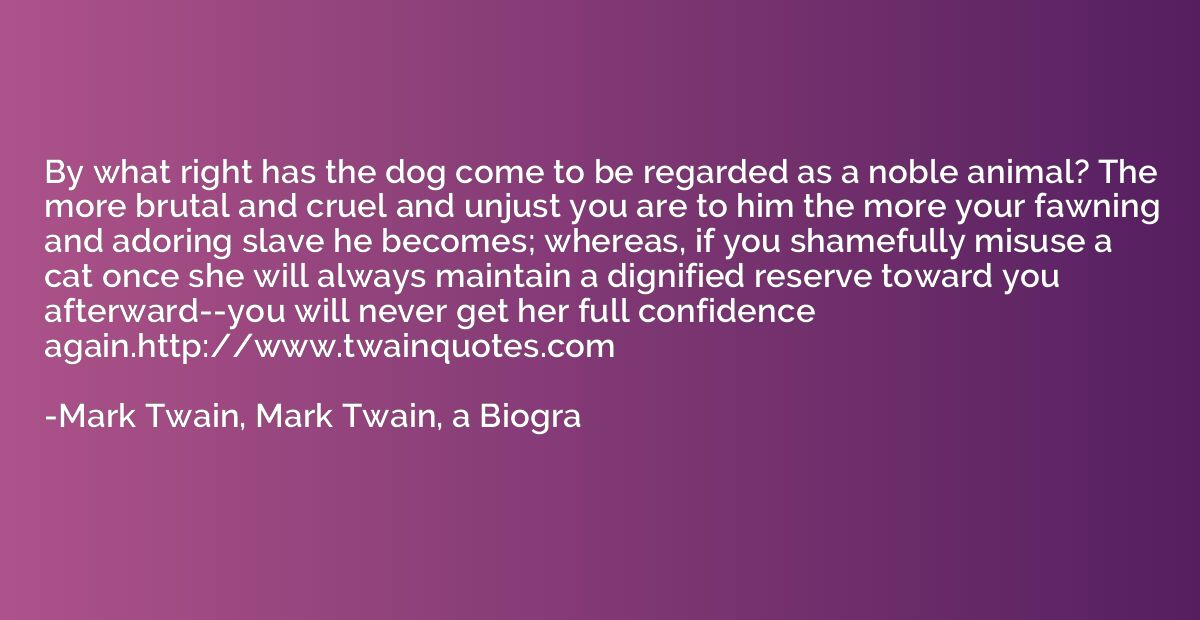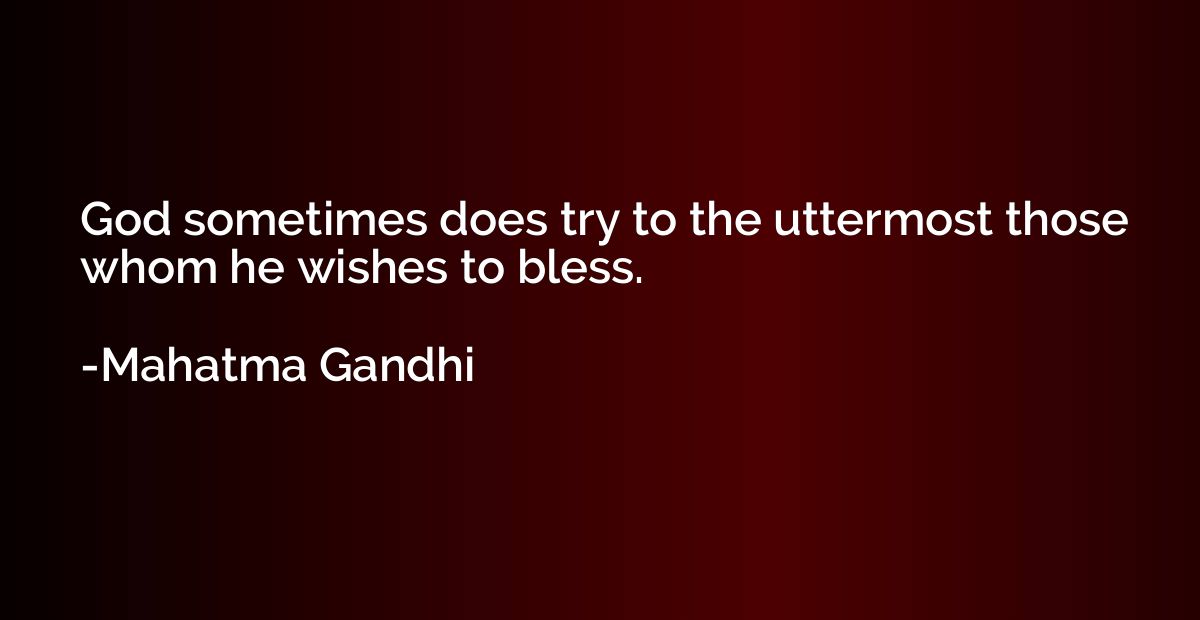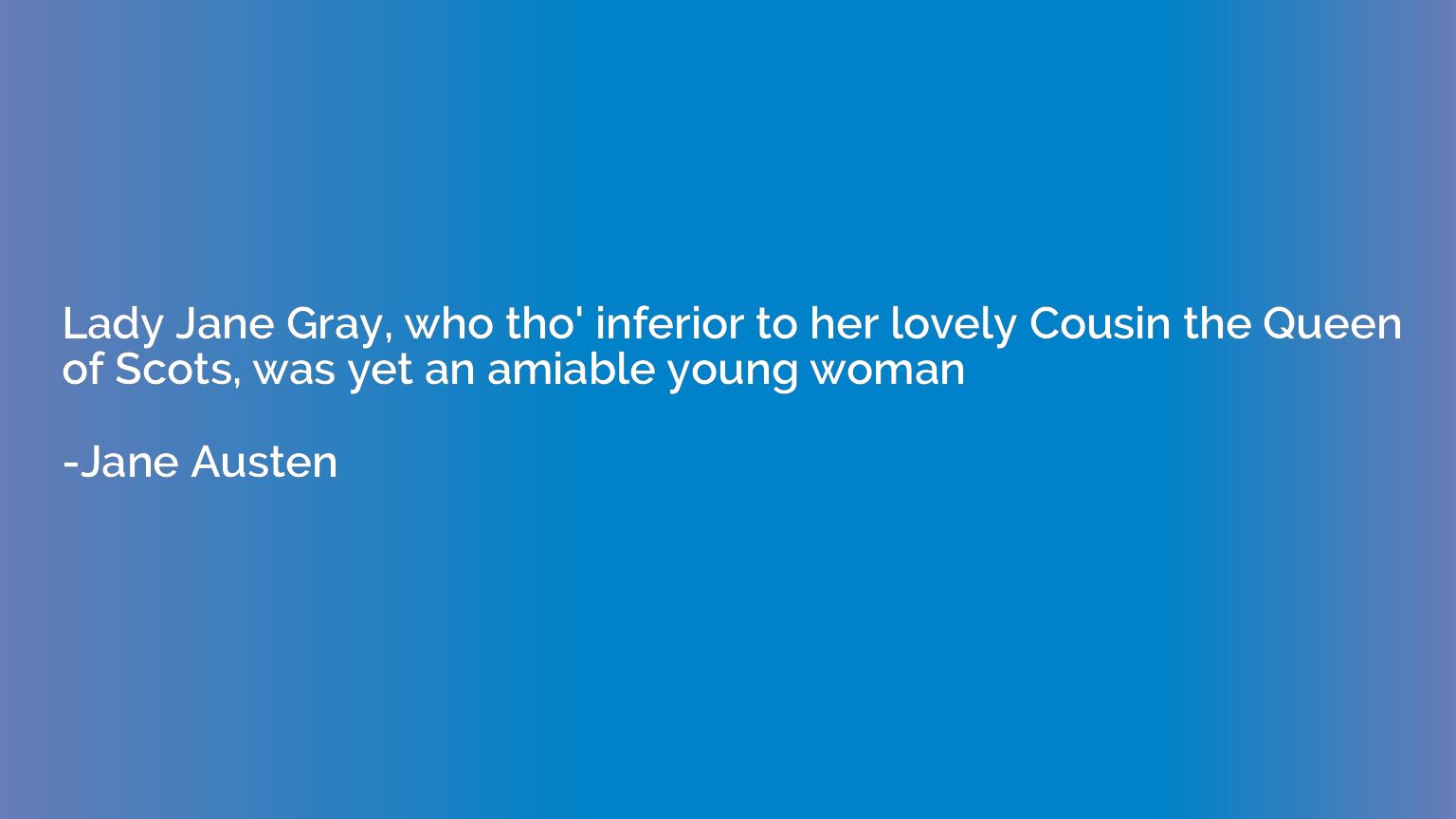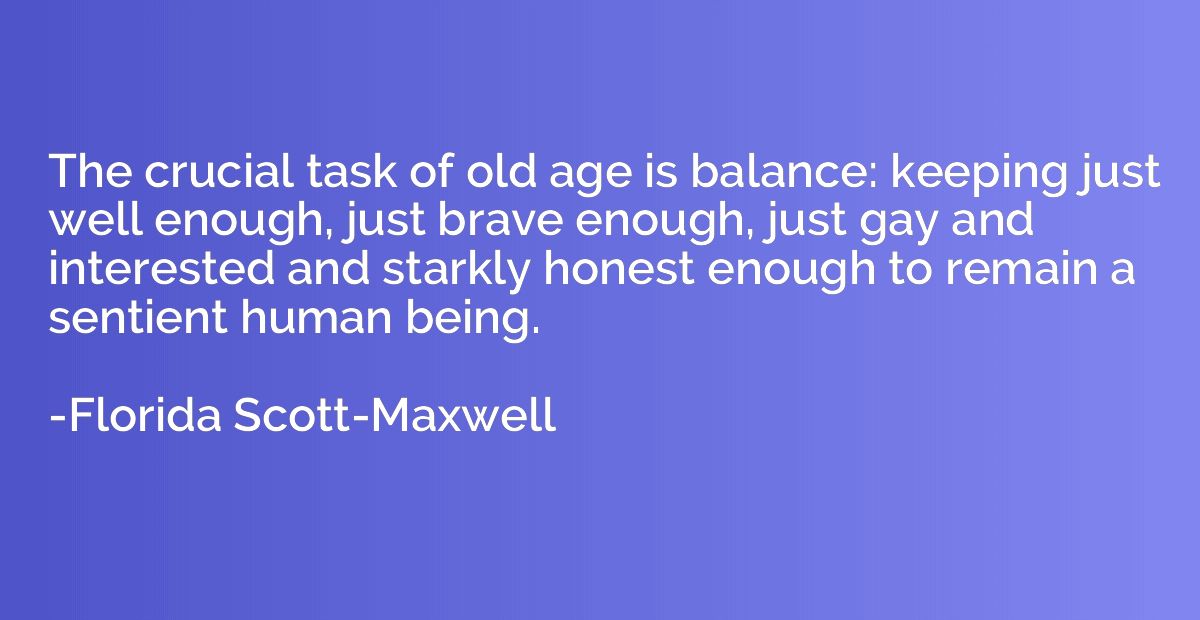Quote by Mark Twain, Mark Twain, a Biogra
By what right has the dog come to be regarded as a noble animal? The more brutal and cruel and unjust you are to him the more your fawning and adoring slave he becomes; whereas, if you shamefully misuse a cat once she will always maintain a dignified reserve toward you afterward--you will never get her full confidence again.http://www.twainquotes.com

Summary
In this quote, Mark Twain questions why dogs are regarded as noble creatures despite their tendency to become unconditional and obedient to those who treat them poorly. On the other hand, he contrasts this with cats, implying that even if they are mistreated once, they will always maintain a sense of dignity and reservation towards their abuser. Twain suggests that dogs' unwavering loyalty, even in the face of cruelty, may not be a true indicator of nobility, while cats' ability to maintain their independence and self-respect sets them apart.














